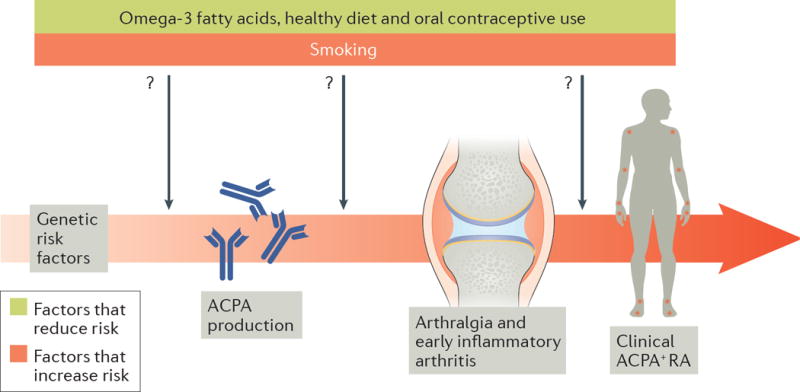Figure 1. Preclinical phases of ACPA+ rheumatoid arthritis.

Individuals at increased genetic risk of rheumatoid arthritis (RA) may develop anti-citrullinated protein antibodies (ACPAs). Environmental factors such as smoking increase the risk of ACPA production, whereas other environmental factors, such as omega-3 fatty acid intake, might decrease the risk of ACPA production. ACPA+ individuals may then go on to develop arthralgias and undifferentiated inflammatory arthritis, which can progress to clinically-apparent ACPA+ RA. Similar to the risk of ACPA production, smoking increases the risk of progression to inflammatory arthritis, whereas intake of omega-3 fatty acids might decrease this risk. A healthy diet and use of oral contraceptives may decrease the overall risk of RA, but the mechanisms and particular preclinical phases of RA affected by these risk factors are unclear.
